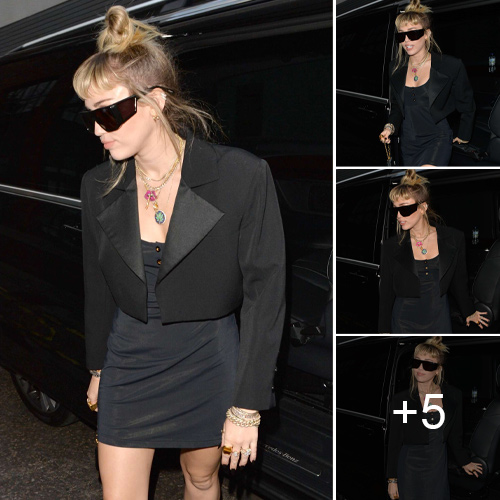In the highly competitive and often cutthroat world of reality television, where fame and notoriety can sometimes overshadow genuine connection, Nick Lachey has emerged as a voice of reason, calling out the behavior of one of his fellow cast members on the Netflix dating series “Perfect Match.”
Ethan Miller/Getty; Steve Granitz/FilmMagic
The former 98 Degrees frontman, who has made a name for himself as both a successful musician and a savvy television personality, did not mince words when it came to his assessment of Harry Jowsey’s actions on the show. In a series of candid interviews, Lachey has publicly criticized Jowsey, arguing that the Australian influencer’s actions on “Perfect Match” were primarily driven by a desire to bolster his own fame and public profile, rather than a genuine pursuit of romantic fulfillment.
“Harry’s not here to find love,” Lachey asserted in a recent interview with Entertainment Tonight. “He’s here to build his brand and to continue to cultivate this image that he’s created for himself, which is really just about being famous and being on TV.”
Courtesy of Netflix
Lachey’s critique touches on a fundamental tension that has long existed within the realm of reality television – the delicate balance between the pursuit of genuine connection and the allure of on-screen notoriety. In the case of “Perfect Match,” where a group of singles are tasked with navigating the complexities of relationships and building lasting bonds, Lachey believes that Jowsey’s presence has undermined the very premise of the show.
“If you’re just coming on here to get more Instagram followers and to get more attention, then you’re kind of missing the point of what this show is about,” Lachey said. “It’s about finding a real connection, it’s about finding somebody that you can build a future with.”
Courtesy of Netflix
Lachey’s remarks underscore a growing sentiment within the reality TV landscape – that the relentless pursuit of fame and social media clout has, in some cases, come at the expense of the authenticity and vulnerability that are essential to the success of these shows. As audiences become increasingly savvy and discerning, the demand for genuine, emotionally resonant stories has only intensified, leaving little room for those who prioritize self-promotion over personal growth.
For Lachey, Jowsey’s actions on “Perfect Match” represent a troubling trend that he believes needs to be addressed head-on. By calling out the influencer’s behavior and drawing attention to the broader issues of authenticity and integrity in reality TV, the former pop star is positioning himself as a champion of a more genuine and meaningful approach to these types of programs.
“I think Harry’s a bit of a game-player,” Lachey said. “He’s not here to find love, he’s here to build his brand and to continue to cultivate this image that he’s created for himself, which is really just about being famous and being on TV.”
Lachey’s willingness to speak out against Jowsey’s perceived transgressions reflects a growing sense of responsibility among some veteran reality TV personalities to ensure that these shows remain true to their core purpose – to facilitate genuine human connection and emotional exploration, rather than serve as platforms for shameless self-promotion.
As the “Perfect Match” saga continues to unfold, Lachey’s comments have undoubtedly struck a chord with viewers who share his concerns about the increasing prevalence of fame-seeking behavior in the reality TV landscape. By holding his fellow cast members accountable and advocating for a more authentic approach to these shows, Lachey has positioned himself as a voice of reason and integrity in an industry that is often defined by its excesses.







